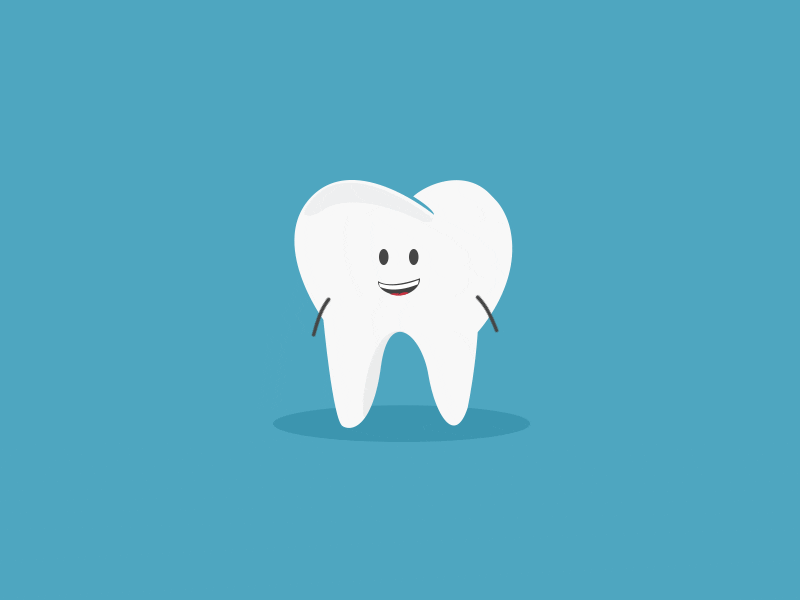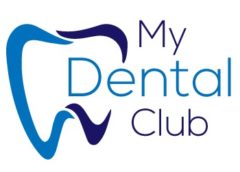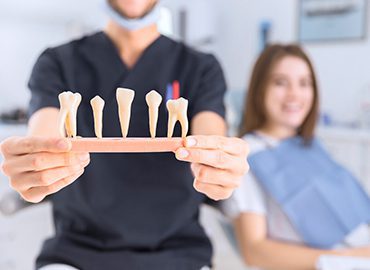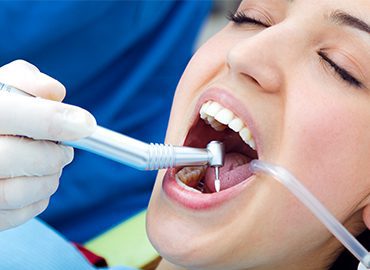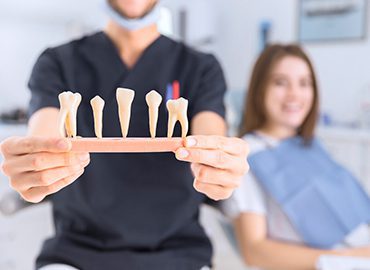Oral health is an important part of your overall health. Oral hygiene is the practice of keeping one’s mouth clean and free of disease and other issues by regular brushing of the teeth and cleaning between the teeth. It is important that oral hygiene be carried out on a regular basis to prevent tooth decay (cavities) and gum diseases, including gingivitis and periodontitis.
Dental cavities and gum disease are very common. According to the World Health Organization (WHO):
- Oral diseases pose a major health burden for many countries and affect people throughout their lifetime, causing pain, discomfort, disfigurement and even death.
- Untreated dental caries (tooth decay) in permanent teeth is the most common health condition according to the Global Burden of Disease 2017.
- Severe periodontal (gum) disease, which may result in tooth loss, is also very common, with almost 10% of the global population affected.
- Oral cancer (cancer of the lip or mouth) is one of the three most common cancers in some countries of Asia and the Pacific.
- Between 60% to 90% of school children have at least one dental cavity.
- Nearly 100% of adults have at least one dental cavity.
- Approximately 30% of people around the world ages 65 to 74 don’t have any natural teeth left.
- Most low- and middle-income countries are unable to provide services to prevent and treat oral health conditions.
Signs and Symptoms
Going to the dentist twice a year will usually allow them to catch a problem before you even notice any symptoms. You should not wait till you have any symptoms before you visit your dentist.
However, if you experience any of the following warning signs of dental health issues, you should make an appointment to see your dentist as soon as possible:
- Ulcers or tender areas in the mouth that won’t heal after a week or two,
- Bleeding or swollen gums after brushing, flossing, or even touching,
- Swollen or puffy gums,
- Dark red gums,
- Chronic bad breath (Halitosis),
- Sudden sensitivity to hot and cold temperatures or beverages,
- Pain or toothaches,
- Loose teeth,
- Receding gums,
- Pain with chewing or biting,
- Swelling of the face and cheek,
- Cracked or Broken teeth.
How does it occur?
Tooth decay and gum disease can be caused by many factors, but poor oral hygiene is the most common cause.
Poor oral hygiene, such as not brushing your teeth properly or regularly, can cause plaque to build up on your teeth.
The sequence of events are as follows:
Plaque forms. Your mouth is full of bacteria that combine with saliva to form a sticky film known as plaque, which builds up on your teeth. When sugars and starches aren’t cleaned off your teeth, bacteria quickly begin feeding on them and form plaque. Plaque that stays on your teeth can harden under or above your gum line into tartar (calculus). Tartar makes plaque more difficult to remove and creates a shield for bacteria.
Plaque attacks. Over time, acid in plaque begins to break down your tooth’s surface and causes tooth decay. The acids in plaque remove minerals in your tooth’s hard, outer enamel. This erosion causes tiny openings or holes in the enamel — the first stage of cavities. Once areas of enamel are worn away, the bacteria and acid can reach the next layer of your teeth, called dentin. This layer is softer than enamel and less resistant to acid. Dentin has tiny tubes that directly communicate with the nerve of the tooth causing sensitivity.
Destruction continues. As tooth decay develops, the bacteria and acid continue their march through your teeth, moving next to the inner tooth material (pulp) that contains nerves and blood vessels. The pulp becomes swollen and irritated from the bacteria. Because there is no place for the swelling to expand inside of a tooth, the nerve becomes pressed, causing pain. Discomfort can even extend outside of the tooth root to the bone.
Other bacteria in plaque can also irritate your gums, making them inflamed and sore.
Increased inflammation causes your gums to begin to pull away from your teeth. This process creates pockets in which pus may eventually collect. This more advanced stage of gum disease is called periodontitis.
Plaque is usually easy to remove by brushing and flossing your teeth, but it can harden and form a substance called tartar if it’s not removed.
Tartar sticks much more firmly to teeth than plaque and can usually only be removed by a dentist or dental hygienist.
Who’s most at risk?
Poor oral hygiene along with other things can increase your risk of developing problems with your gums.
These include:
- Smoking
- Your age – gum disease becomes more common as you get older
- Diabetes – a lifelong condition that causes a person’s blood sugar levels to become too high
- Pregnancy – hormonal changes can make gums more vulnerable to plaque
- A weakened immune system – for example, because of conditions like HIV and AIDS or certain treatments, such as chemotherapy
- Malnutrition – a condition that occurs when a person’s diet does not contain the right amount of nutrients
- Stress
- Acid reflux, or heartburn
- Frequent vomiting, due to the acid
- Family history or genetics
You may also be more likely to have gum disease if you’re taking medicines that cause a dry mouth. These medicines include antidepressants and antihistamines.
How to maintain good Oral Health?
You can keep your teeth for your lifetime. Here are some things you can do to maintain a healthy mouth and strong teeth.
- Drink fluoridated water and brush with fluoride toothpastes.
- Practice good oral hygiene. Brush your teeth thoroughly twice a day and floss daily between the teeth to remove dental plaque.
- Visit your dentist at least once a year, even if you have no natural teeth or have dentures.
- Do not use any tobacco products. If you smoke, quit.
- Limit alcoholic drinks.
- If you have diabetes, work to maintain control of the disease. This will decrease risk for other complications, including gum disease. Treating gum disease may help lower your blood sugar level.
- If your medication causes dry mouth, ask your doctor for a different medication that may not cause this condition. If dry mouth cannot be avoided, drink plenty of water, chew sugarless gum, and avoid tobacco products and alcohol.
- See your doctor or a dentist if you have sudden changes in taste and smell.
- When acting as a caregiver, help older individuals brush and floss their teeth if they are not able to perform these activities independently.
- If you have implants, use a water-pik to clean around it.
In conclusion, maintaining healthy teeth and gums is a lifelong commitment. The earlier you learn proper oral hygiene habits — such as brushing, flossing, and limiting your sugar intake — the easier it’ll be to avoid costly dental procedures and long-term health issues. Most oral health conditions are largely preventable and can be treated in their early stages.
